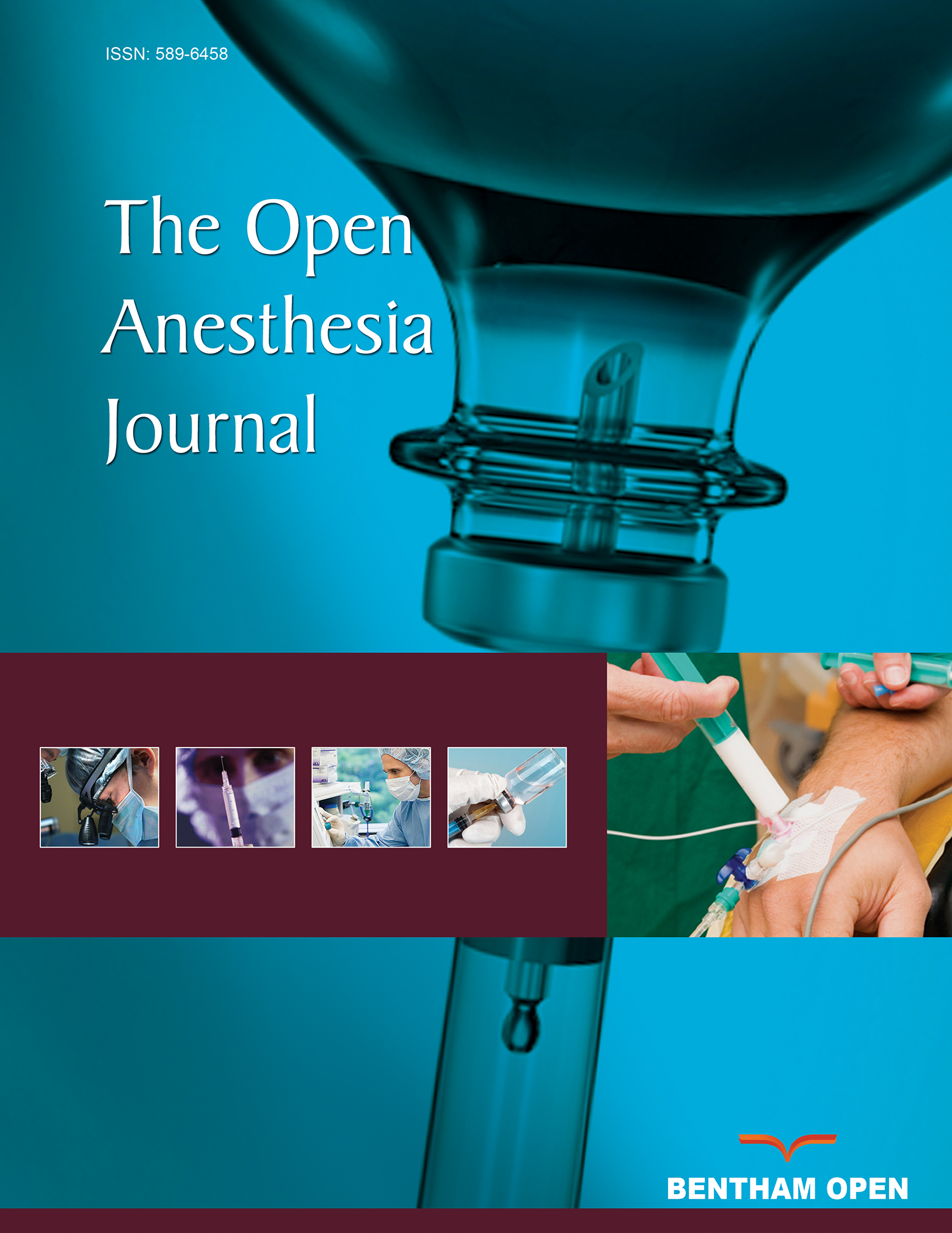Breath-holding Test in the Prognosis of Postoperative Pain in Laparoscopic Gynecology: Observational Cohort Study
Abstract
Background
The problem of perioperative pain relief has not lost its relevance over the years. Studies have shown that patients report moderate to severe pain after surgery, even after laparoscopy. In recent years, specialists have focused on the role of baroreflex sensitivity in the functional state of the nociceptive and antinociceptive systems. Studies have shown that a test with maximum breath-holding during inspiration allows for a non-invasive and accurate assessment of the functional state of the cardiorespiratory system, making it possible to identify a cohort of patients with reduced baroreflex sensitivity
Objective
The aim of the study was to assess the relationship between the breath-holding test and postoperative pain and to develop a model for predicting pain after laparoscopic gynecological surgery.
Methods
Data from 489 patients undergoing gynecological laparoscopy at the Clinic of the Kuban State Medical University from August 2019 to September 2023 were analyzed.
Results
Severe postoperative pain was reported in 146 patients (29.9%). The duration of breath-holding was statistically significantly correlated with NRS upon admission to the PACU at all time points of the study (from -0,15 to -0,21). Logistic regression showed that the Generalized Anxiety Disorder scale score, Pain Catastrophizing Scale score, duration of surgery, Breath-holding duration, and endometriosis surgery influenced the risk of severe postoperative pain (NRS 7-10) (AUROC 0,809).
Conclusion
The breath-holding test, along with other factors, may be useful in assessing the risk of severe postoperative pain after laparoscopic gynecology.


